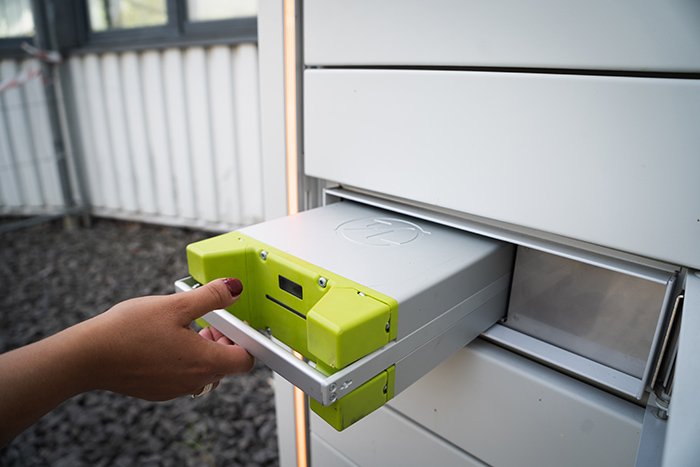Tempo are reporting on news that the Indonesian Ombudsman on Tuesday highlighted the challenging issues surrounding electric vehicle battery waste management after it discovered that a number of materials used to convert conventional vehicles to EVs are stored without being recycled.
In a written statement on February 14, Hery Susanto, an Ombudsman member said that “the government needs to create a detailed and comprehensive regulation” to address this problem and asked for it to be implemented as a standard guideline regarding the management or recycling of electric battery waste from the use of electric vehicles, report Tempo.
Susanto added that this should include “assigning duties and responsibilities to related agencies, especially from the supervisory side, both at the central and regional levels.”
The Ombudsman also asked the government to provide incentives to investors in the electric vehicle and charging station sectors. This includes investors engaged in the management and recycling of battery waste, say Tempo.
This report was presented amid President Joko Widodo’s attempt to boost the country’s electric vehicle battery industry to reach the goal of producing 60-percent of EV batteries.
Bandung Institute of Technology (ITB) observer Agus Purwadi reminded automotive manufacturers in Indonesia not only to sell electric cars, but also to think about processing battery waste.
“Batteries must be recycled, they are toxic materials, B3 (Hazardous and Toxic Materials) waste, they cannot be disposed of openly, there must be a shelter. That’s why international standards state, if you sell electric cars, you must be responsible for accommodating the batteries, so the batteries must be recalled again by manufacturing.” said Purwadi.
Source: Tempo


